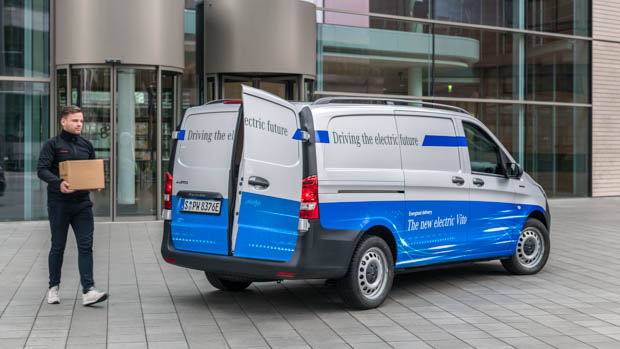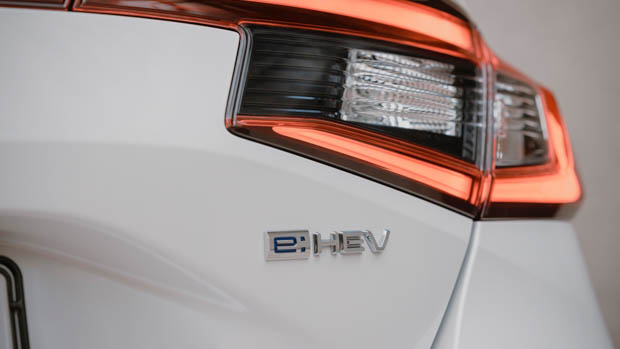-
Car Reviews
- All reviews
- Midsize SUVs
- Small cars
- Utes
- Small SUVs
- Large SUVs
- Large cars
- Sports SUVs
- Sports cars
- Vans
Latest reviews
- Car News
-
Car Comparisons
Latest comparisons
- Chasing Deals
Short reprieve to be granted for the sale of new petrol and diesel vehicles in Scotland, while UK remains committed to 2030 ICE ban
The Scottish government will defer a plan to ban the sales of new internal combustion-engined (ICE) cars from 2030 until 2032 due to concerns about increasing charging costs for electric vehicles and sluggish EV charger development.
Splitting from the 2030 ban on ICE cars adopted by the United Kingdom last year, Scotland will give an additional two years of grace to petrol and diesel vehicles in response to charging difficulties and expense.
Revealed as part of an update to the country’s decarbonisation plans, the deferral would mean that while new ICE vehicles will be unable to be sold in England and Wales, brand-new, non-hybrid petrol and diesel models will get an additional 24 months on the market in Scotland.
It is understood that Scotland will stick to the UK’s broader plan to ban hybrid versions of ICE cars a little later, in 2035.
Reasons given by the country’s energy secretary included sluggishness in the rollout of Scotland’s EV charging network and a dramatic surge in rapid-charging costs – up by more than 50 percent since early 2022, according to UK motoring outlet Autocar.
On the continent, the European Union is planning to mandate a 100 percent reduction in CO2 emissions from new cars in 2035, which in effect will mean an ICE ban. However, debate and opposition mean this plan is not yet solidified.
Closer to home, Australia has not yet announced a cut-off date for the sale of ICE cars, SUVs and utes, but it is likely to be required at some stage to meet the Albanese government’s ambitious targets in overall emissions reductions.
The federal government, elected in 2022, recently committed Australia to a 43 percent reduction of carbon emissions compared to 2005 levels.
However, the Australian Capital Territory provincial government has legislated a ban on new ICE car sales in that jurisdiction from 2035.
Feature image: Micheile, Unsplash licence (2020)
Latest news
About Chasing cars
Chasing Cars reviews are 100% independent.
Because we are powered by Budget Direct Insurance, we don’t receive advertising or sales revenue from car manufacturers.
We’re truly independent – giving you Australia’s best car reviews.

